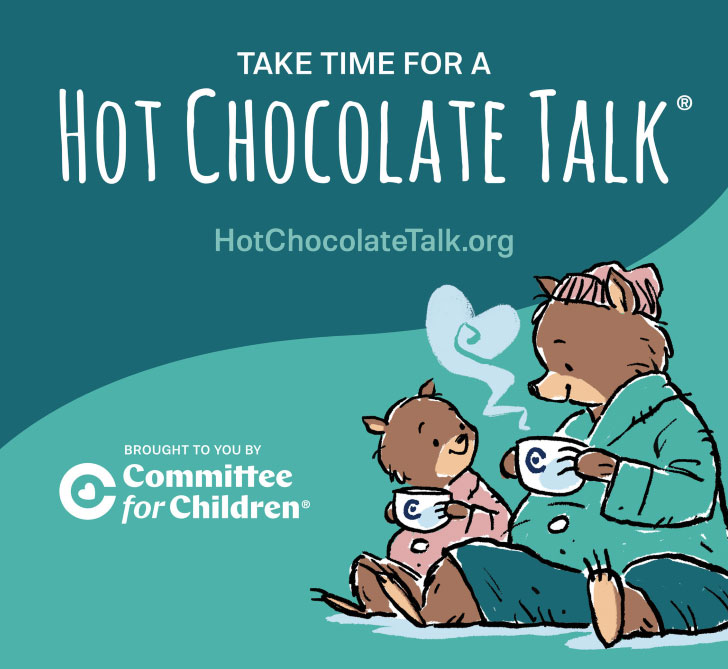Sex Offender Notification
Sex Offender Registration Act
The Sex Offender Registration Act requires the Division of Criminal Justice Services (DCJS) to maintain an online Sex Offender Registry of individuals determined to have a Level 2 or 3 risk of re-offense. Sex offenders are classified according to their risk of re-offending:
- Level 1: Low-risk
- Level 2: Moderate risk
- Level 3: High-risk
To search the Sex Offender Notification Website: Click Here
Get information about Level 1 offenders and offenders whose risk levels have not yet been determined by a judge by:
- Calling 800-262-3257, 8 a.m. to 4 p.m. Monday through Friday (excluding legal holidays).
- Callers must have an individual's name and one of the following ‐ an exact address, date of birth, driver's license number, or Social Security number ‐ to learn if that individual is on the Registry.
Notification of Sex Offenders
The Superintendent of Schools, along with other school district and municipal officials, is notified by the Nassau County Police Department when a registered sex offender is living in our area. The police department releases information on Level Three (high risk), Level Two (moderate risk), and Level One (low risk) sex offenders. The exact address of Level One offenders is not provided, but an area is revealed based on a zip code. Our District maintains a registry of all advisories with photographs of the identified individuals. If you are unable to access information by the internet, you can visit your child’s school or ask the principal to send the information home. The District has relayed this information to teachers and staff, and security procedures will continue to be strictly enforced at the District, including the District’s visitor policies.
 |
I would ask families to consider discussing this issue with your children. It is not our intention to alarm children, but to help them develop skills to better protect themselves from the potential danger of speaking to or going off with a stranger. Research shows that talking with your child about how to stay safe from sexual abuse is a powerful way to prevent it, but we know it can be hard to know what to say. That’s why we’re sharing some free resources from the Committee for Children’s Hot Chocolate Talk campaign. A “Hot Chocolate Talk” is a conversation between a parent (or caregiver) and a child about personal safety, approached in a warm, welcoming way to encourage open communication. Use these resources to learn the facts and start important safety conversations that can protect your child from sexual abuse.
|
Click on the links below to learn more: